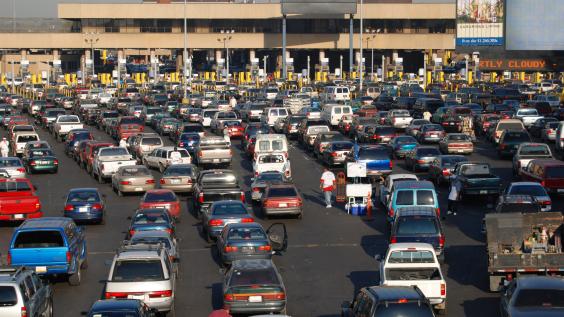Transit Migration in Mexico: Domestic and International Policy Implications

Table of Contents
Author(s)
Robert Donnelly
Former ContributorTo access the full paper, download the PDF on the left-hand sidebar.
Introduction
The recent surge in Central American migration has challenged Mexico to implement policies that uphold human rights for migrants (especially unaccompanied children) who are passing through the country while also deterring unauthorized crossings at the southern border and cracking down on human smuggling and trafficking. However, finding the appropriate balance for these policies—with a humanitarian focus on the one hand and meeting larger “security concerns” on the other hand—has been elusive for the Mexican government. This essay discusses the historical and political context of Mexico’s various policy responses to the spike in Central American migration through Mexico toward the United States and analyzes related implications for the country’s relationships with the United States and its Central American neighbors.
This material may be quoted or reproduced without prior permission, provided appropriate credit is given to the author and Rice University’s Baker Institute for Public Policy. The views expressed herein are those of the individual author(s), and do not necessarily represent the views of Rice University’s Baker Institute for Public Policy.


